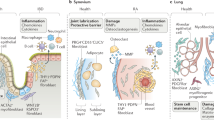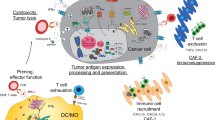Abstract
Human tissues which are chronically infiltrated with inflammatory leukocytes are more likely to develop malignancies than non-inflamed tissues, however the mechanism(s) by which leukocytes contribute to carcinogenesis is unknown. Stimulated human leukocytes release superoxide anion and hydrogen peroxide which, in the presence of iron, can be converted into the potent oxidant, hydroxyl radical (•OH). Previous studies have shown that leukocyte-derived •OH (or a •OH-like species) can cause DNA damage, however a relationship between leukocyte-induced DNA damage and carcinogenesis has not been established. The present report demonstrates that leukocyte-derived •OH-induced DNA damage can cause K-ras oncogene activation, and suggests that there may be a characteristic pattern of •OH-induced K-ras oncogene activation. Since activation of the K-ras oncogene is believed to play a crucial role in the pathogenesis of many human malignancies, •OH-induced K-ras oncogene activation could be an important mechanism by which human leukocytes contribute to carcinogenesis.
This is a preview of subscription content, access via your institution
Access options
Subscribe to this journal
Receive 50 print issues and online access
$259.00 per year
only $5.18 per issue
Buy this article
- Purchase on SpringerLink
- Instant access to full article PDF
Prices may be subject to local taxes which are calculated during checkout
Similar content being viewed by others
Author information
Authors and Affiliations
Rights and permissions
About this article
Cite this article
Jackson, J., Vollenweider, M., Hill, J. et al. Stimulated human leukocytes cause activating mutations in the K-ras proto-oncogene. Oncogene 14, 2803–2808 (1997). https://doi.org/10.1038/sj.onc.1201118
Received:
Revised:
Accepted:
Issue Date:
DOI: https://doi.org/10.1038/sj.onc.1201118
Keywords
This article is cited by
-
Gene Mutations in Lymphoproliferative Disorders of T and NK/T Cell Phenotypes Developing in Renal Transplant Patients
Laboratory Investigation (2002)



